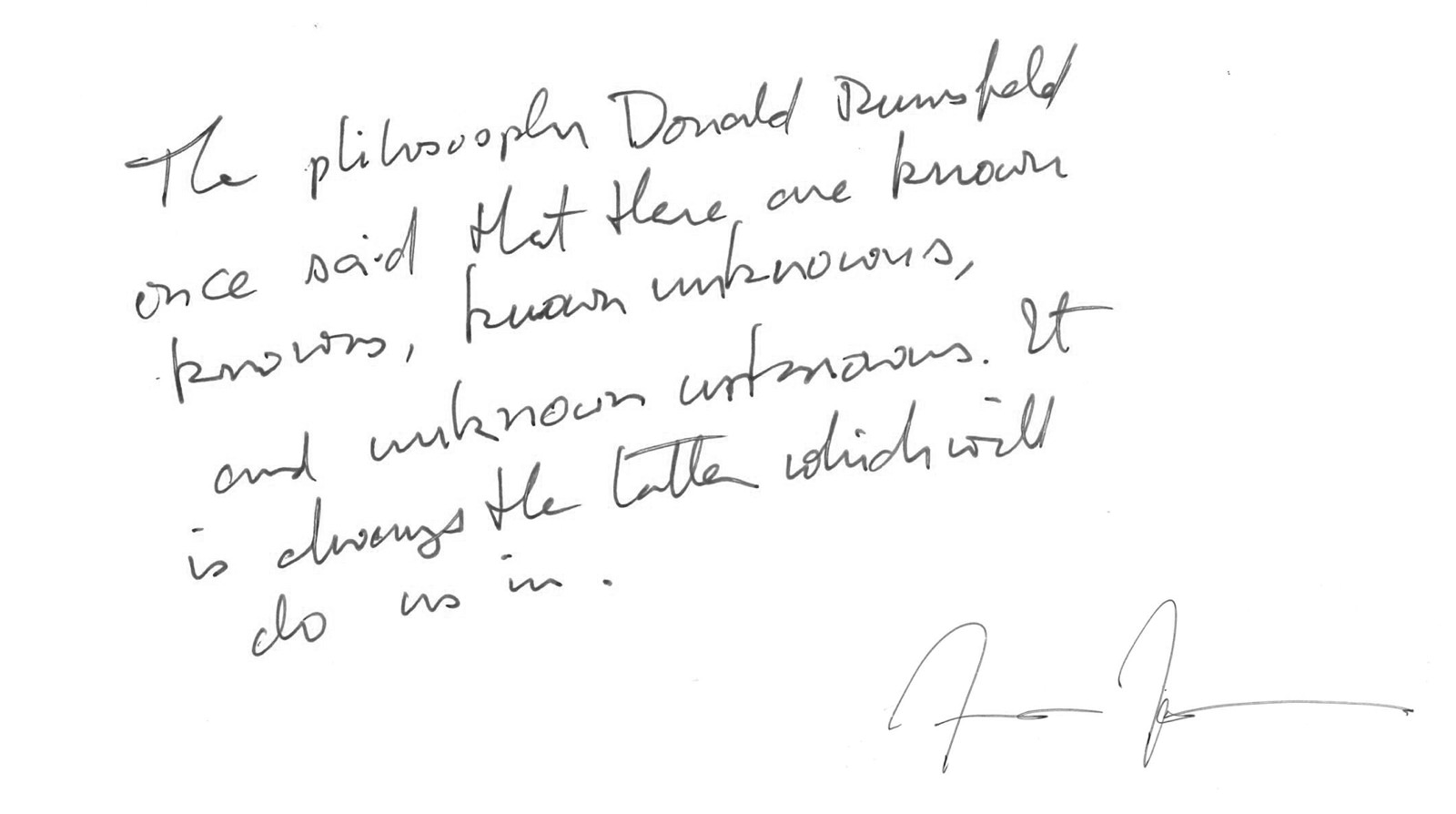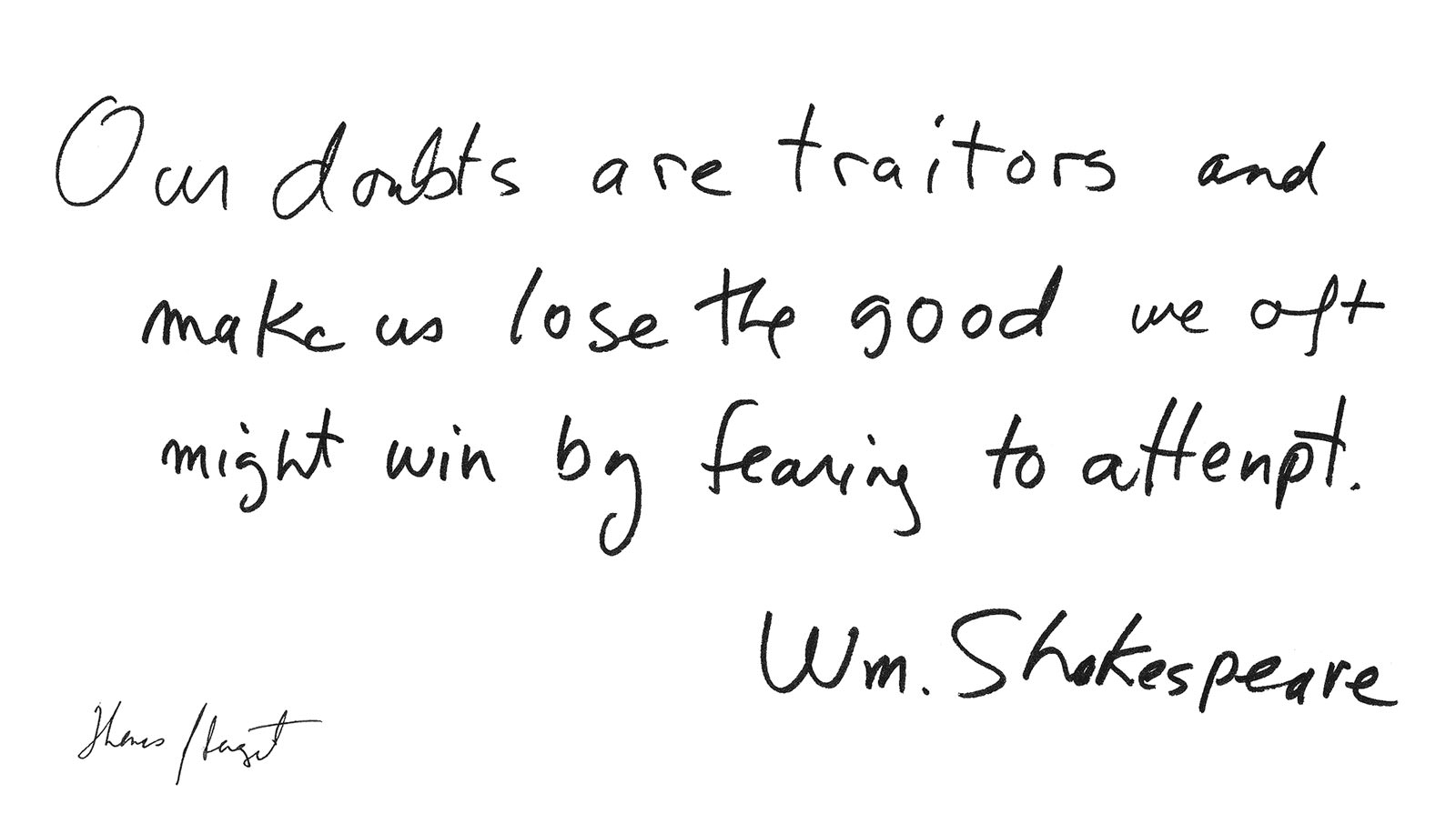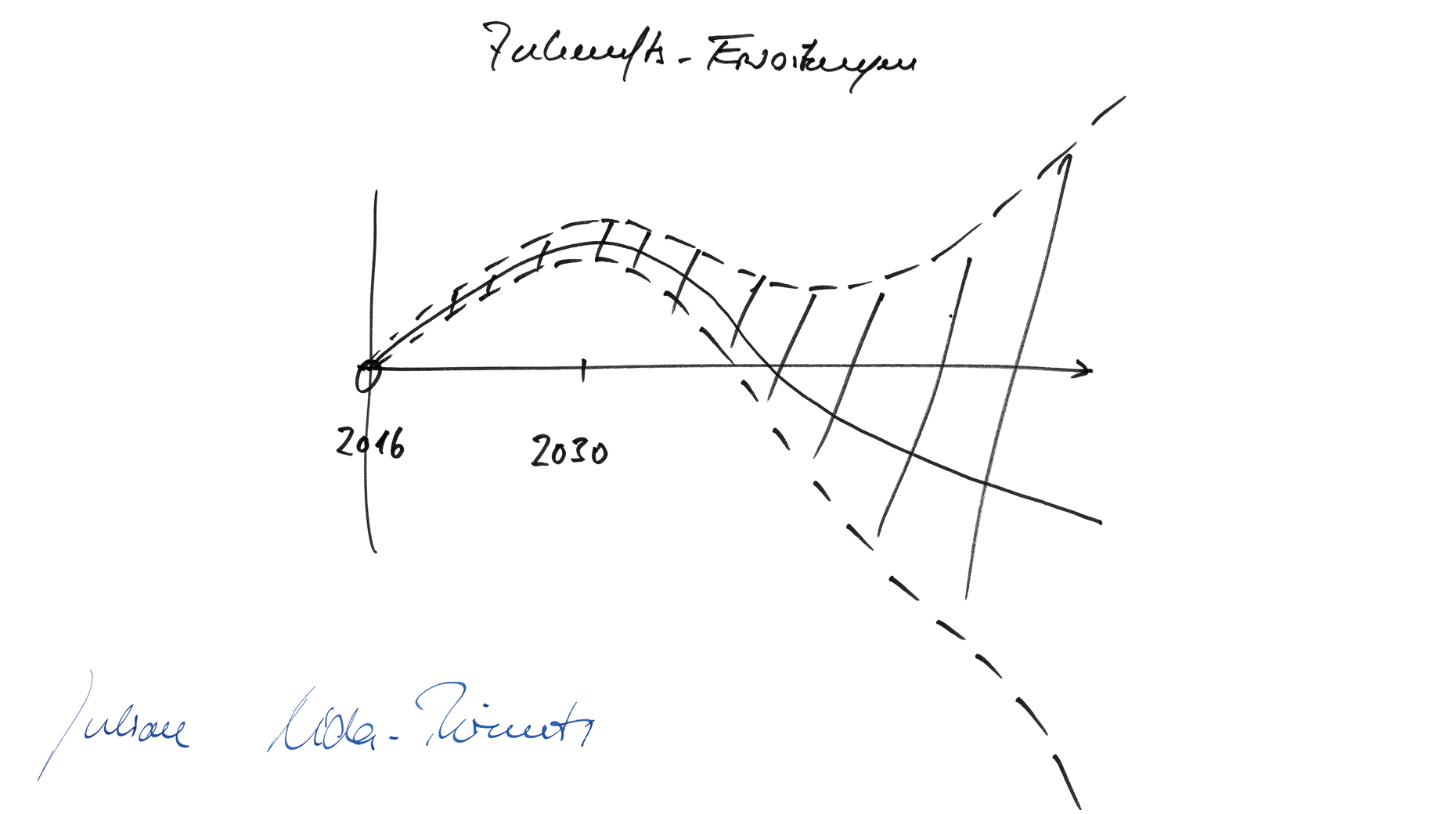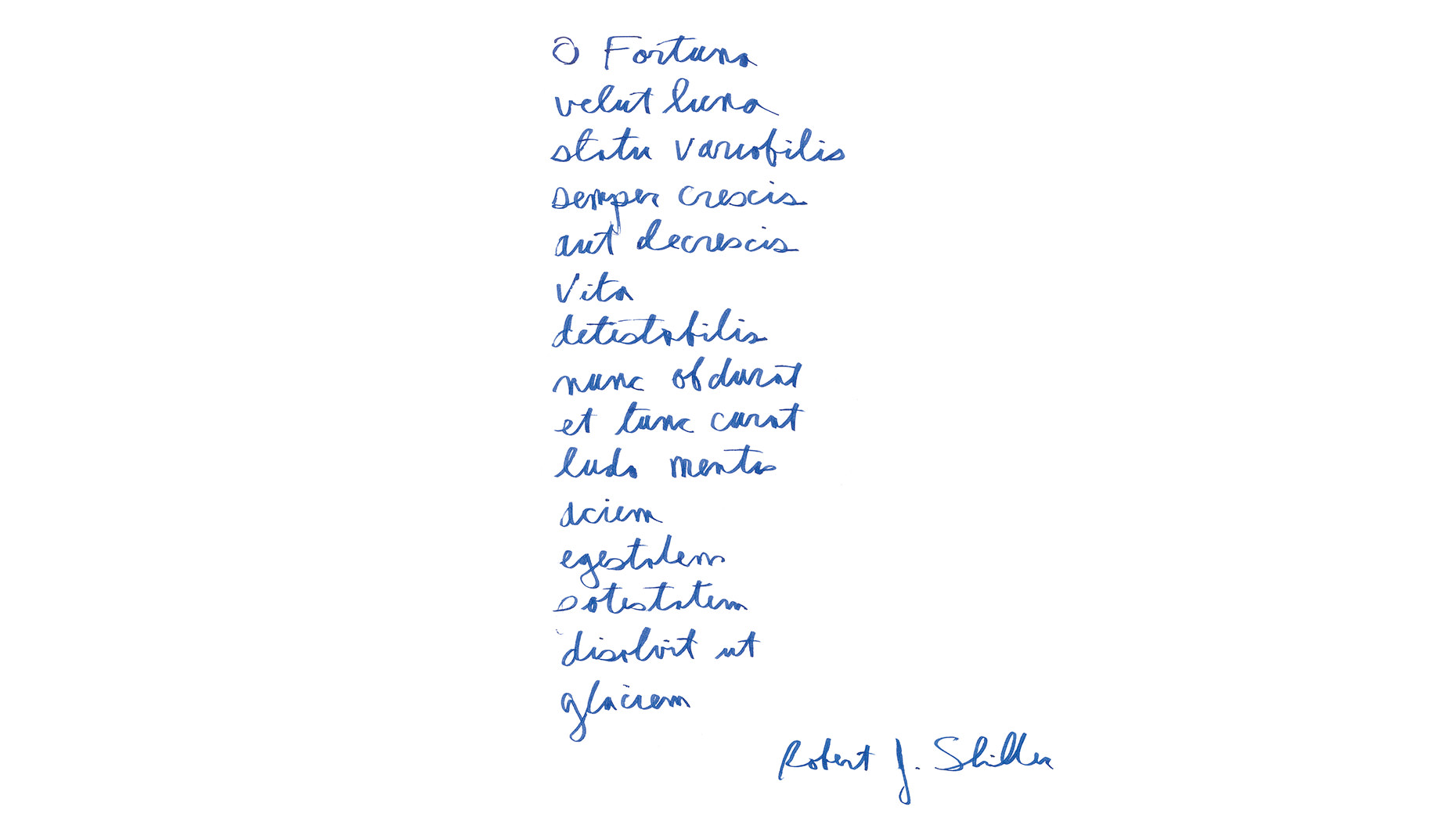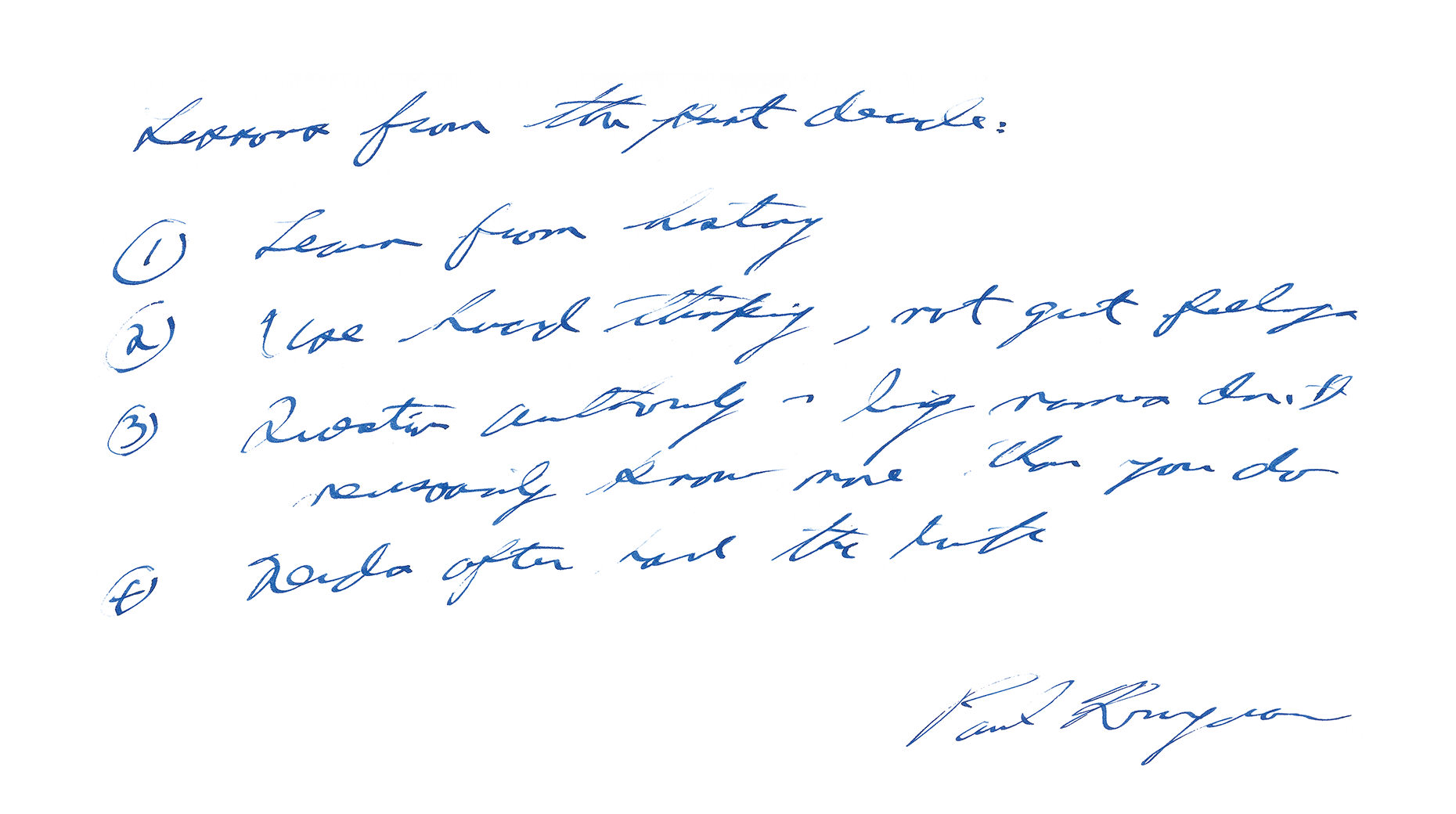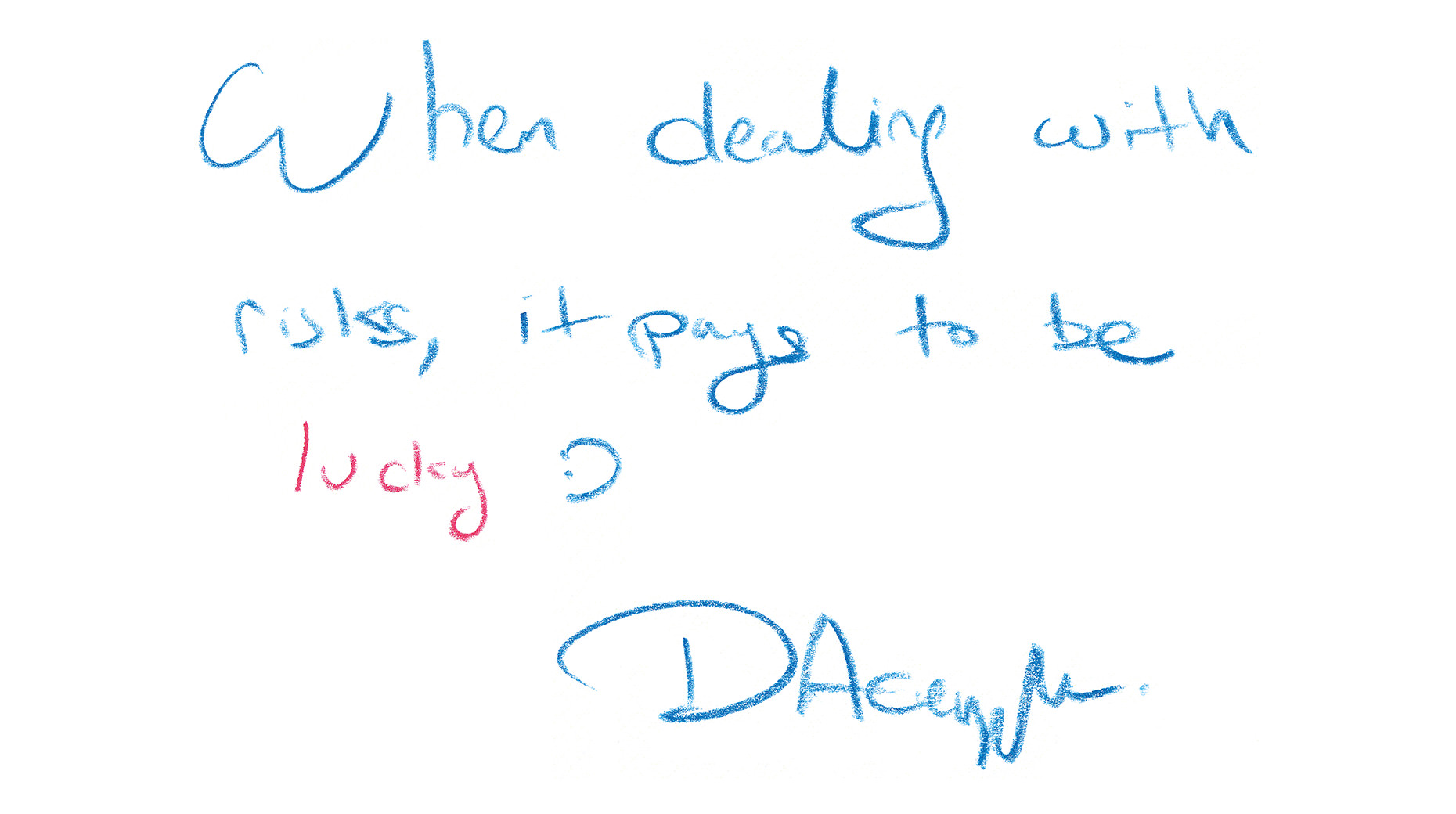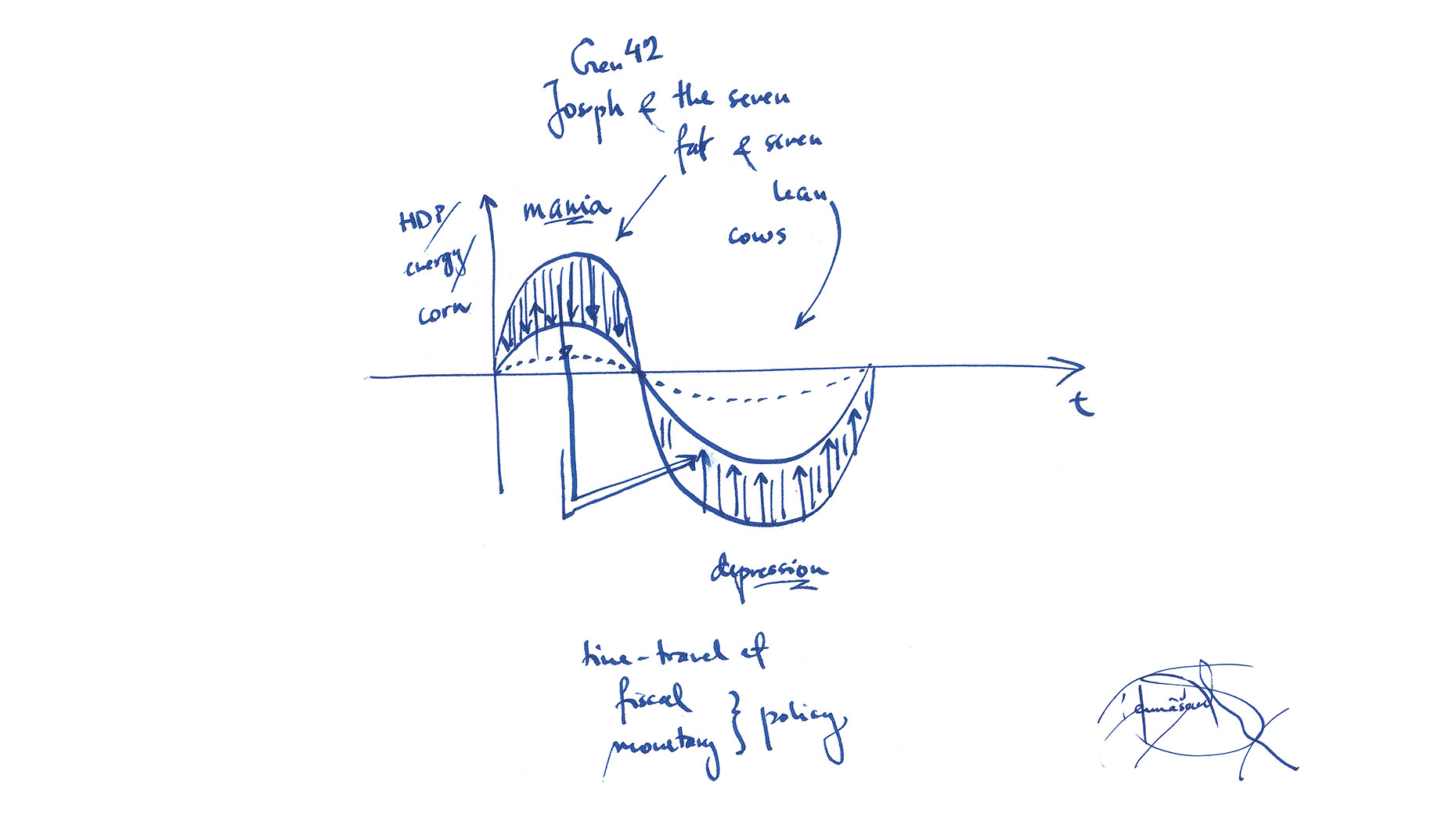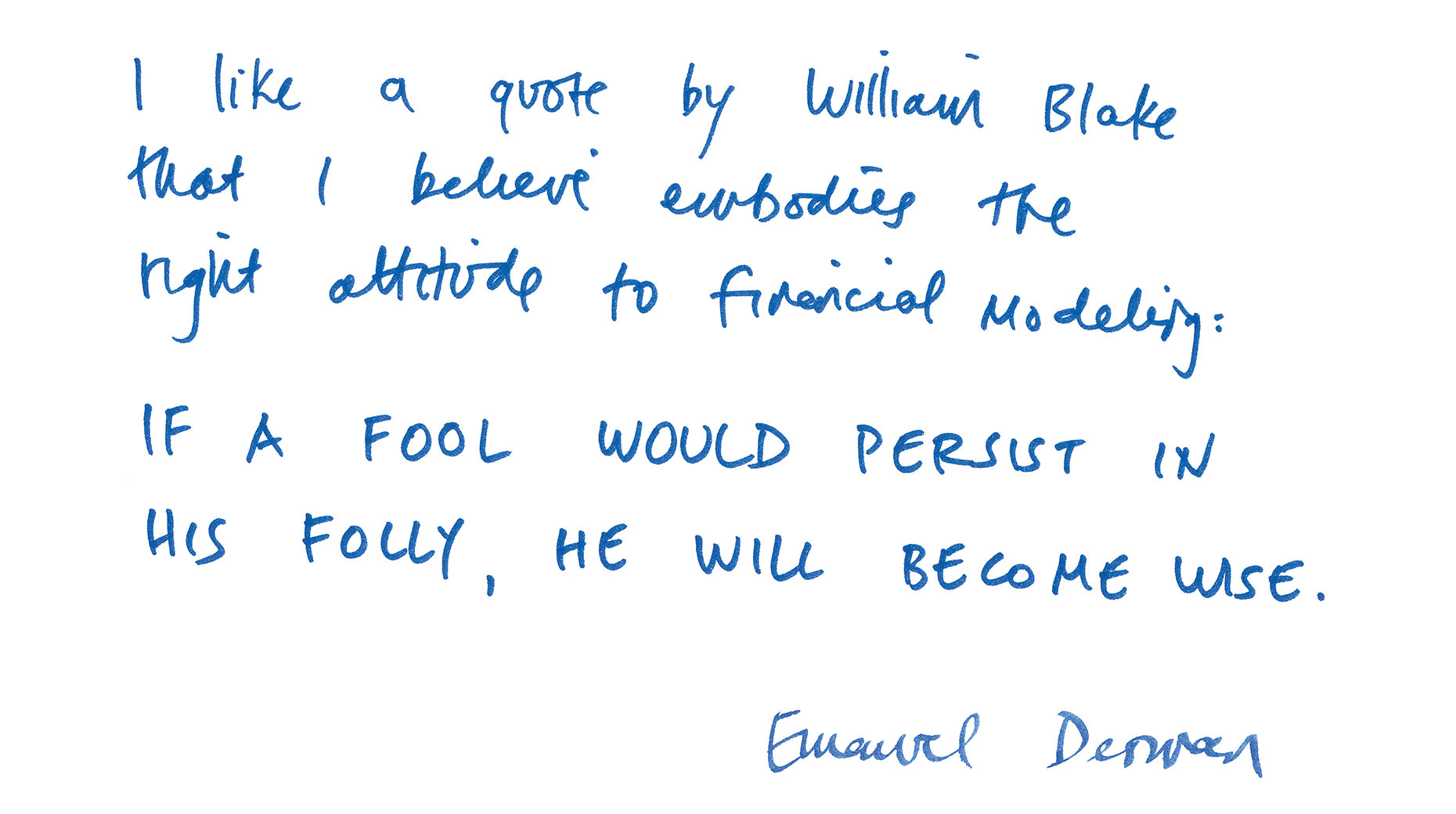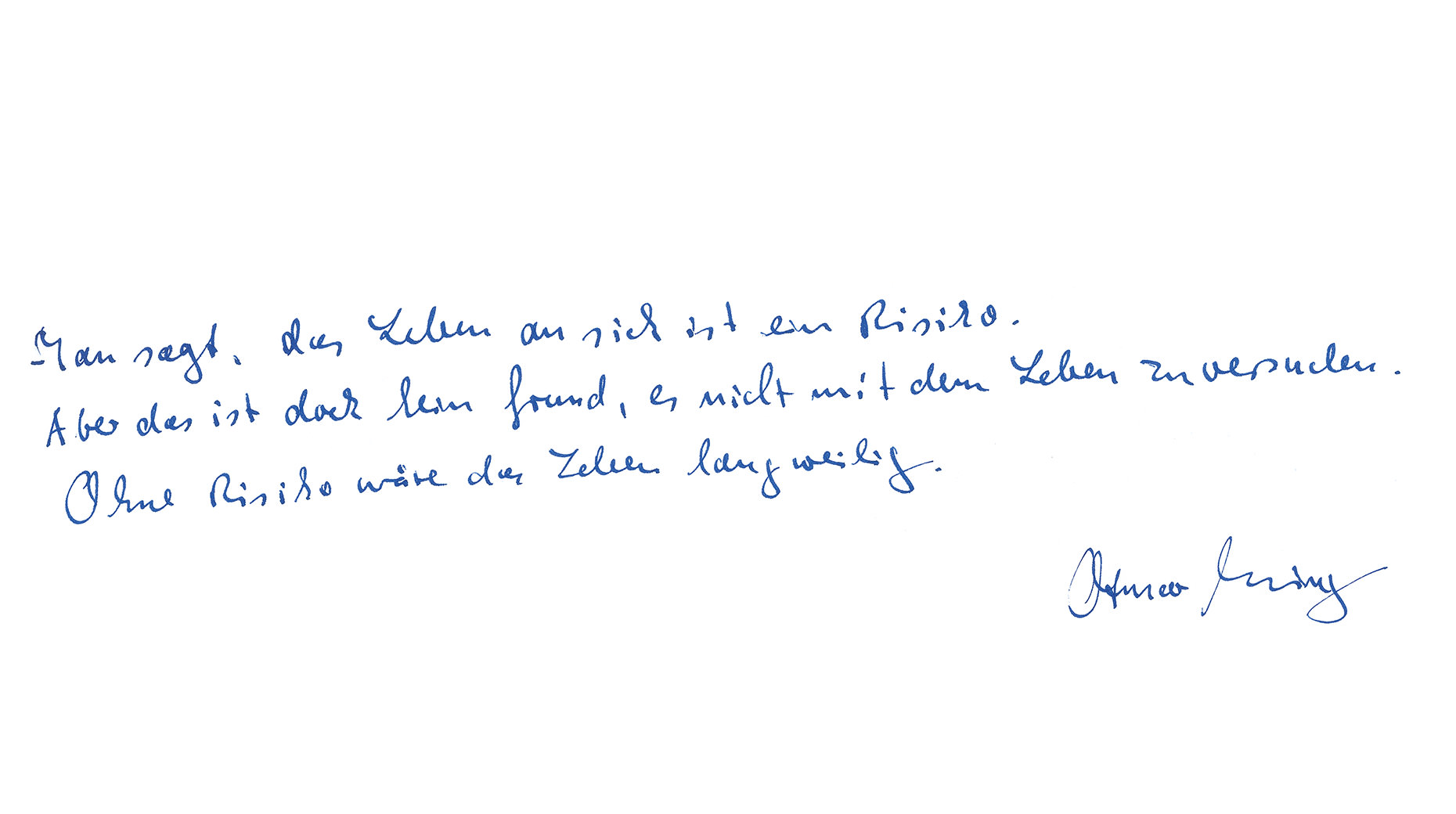From a very early age he developed the
extraordinary ability to solve complex mathematical problems by using geometrical
visualisation. This all happened during turbulent times: Mandelbrot and his
Jewish-Lithuanian family emigrated to Paris in 1936 before the outbreak of the
Second World War. These experiences helped to shape his mathematical talent, which
“I developed by observing plants and trees while we were fleeing.” In 1944 he passed
the entrance exam for the École Polytechnique in Paris with flying colours. “The
problem that we were set was easy to solve if you used spherical coordinates instead
of Cartesian ones. But I was the only candidate in the whole of France who was able
to see that at the time.”
Mandelbrot began his career in the United States in the late 1950s, working in
the research department of the Thomas J. Watson Research Center at IBM. Looking
back on a career spanning a total of 35 years at the computer giant, Mandelbrot
– who eventually became a professor of mathematics – described this period as a
‘golden age’: “I found fulfilment in seemingly unrelated areas that did not
follow any usual pattern and were therefore widely regarded as bizarre.”
He was not universally understood. Throughout his life, Benoît Mandelbrot was
seen as something of a maverick in the world of mathematics. He remained an
unorthodox lone voice, a contrarian and a non-conformist, attaching little
importance to formal theorems and proof.
The Mandelbrot set
Even when he was growing up, Mandelbrot had admired Johannes Kepler, the German
natural philosopher, mathematician, astronomer and astrologist. Kepler had used
his interdisciplinary knowledge to devise three laws of planetary motion. As a
young person, Benoît B. Mandelbrot dreamed of discovering something of similarly
far-reaching importance. And he succeeded in doing just that when he developed
the Mandelbrot set that is named after him. This set represents a pattern that
can be used to calculate and visualise the roughness repeatedly occurring in
nature as fractals. This happened in 1978 with the computer animation that
became known as fractals, and these most intricate of geometric shapes described
by the Mandelbrot set show that fractals and roughness – despite their many
differences – reveal a few common characteristics.
If you zoom in and look more closely, you can see how the same smaller and
smaller intricate shapes and patterns are successively nested inside each other
and repeat infinitely. The contour of a section of a fractal – no matter how
small – will always look like a coastline. The fractal dimension is a ratio
introduced by Mandelbrot which, for the first time, enabled the roughness and
complexity of shapes – and even of non-linear events – to be described in
quantitative terms. The peculiar thing about the intricate and complex shapes
and patterns of fractals is that the underlying equation is anything but
complicated for mathematicians: f(z) = zn² + c. The Mandelbrot set
‘M’ is the set of all complex numbers ‘c’ for which the recursively defined
sequence of complex numbers z0, z1, z2,... with
the formation law zn+1 := zn² + c and the initial
condition z0 := 0 remains bounded, i.e. the amount of the sequence
members does not grow beyond all limits.
Markets between risk, reward and ruin
Nowadays these findings are used in areas such as medicine, geosciences,
seismology, image processing and special effects in cinematography. But the
financial services industry has also been able to learn lessons from these
findings: if market participants had listened to Benoît B. Mandelbrot more often
in recent decades, they probably would not have been so frequently caught
off-guard by turbulent events. The inventor of fractal geometry compared the
actors in financial markets with sailors. If these seafarers build a ship, they
are not thinking about when exactly the next storm will be coming. They build
their ship in such a way that it is sufficiently robust to withstand any
conceivable storm. Financial market players, on the other hand – according to
Mandelbrot – behave as if it were sunny every day. They calculate their ability
to sustain risk based on a confidence level of 99 per cent or even 99.5 per
cent, thereby ignoring the extreme events (‘fat tails’) that will sink the ship
during a storm. Mandelbrot never tired of repeatedly pointing out that the
models used in practice systematically underestimate the true risks. He
considered financial market theory to be a ‘phoney science’, believing that
market gains and losses were determined by extreme events rather than by
‘normal’ price fluctuations. He proved that financial market price volatility
could be described not by normal distribution but by Lévy distribution, which in
theory – like the Mandelbrot set – exhibits infinite variance.
On the other hand, Gaussian distribution – the probability function widely
established up to that point – regularly caused statisticians, climate
scientists and capital market participants to fall into the same trap: they
assumed that probabilities exhibit a bell-curve distribution and that the larger
the deviations from a norm are, the less frequently they occur. And this was
where they often went wrong, as Benoît B. Mandelbrot explained more than two
years before the great financial crisis – at the first risk management
conference held by Union Investment in 2006. “The stock market crash of 19
October 1987 should never have happened,” was Mandelbrot’s view. According to
calculations based on normal distribution, the probability of a one-day loss of
almost 30 per cent on the Dow Jones was 1 to1050 – a one followed by
50 zeros.
As far as the normal-distribution assumption was concerned, Mandelbrot was also
critical of the widely used risk metric ‘Value at Risk’. “Don’t make me laugh.
You believe that Value at Risk can quantify the potential risk? ... If you look
at how the risk of various financial products is measured, you will find that
virtually all evaluations are based on the assumption of normal distribution.
That is why risk is systematically underestimated. I hope that my theory of
fractals will one day be as easy to use as normal distribution. Then you will
see that the risk is actually much greater.” Mandelbrot was convinced that most
risk theoreticians had been heading down the wrong path. “My entire life has
been spent studying risk,” was his assessment. Benoît B. Mandelbrot gave his
final lecture in the spring of 2010, concluding with the words: “Bottomless
wonders spring from simple rules, which are repeated without end – again and
again.” The father of the Mandelbrot set and fractal theory died in Cambridge,
Massachusetts, in the United States on 14 October 2010. He opened our eyes to
the fact that fractals form the core of life and that, behind the apparent chaos
of roughness, an impressive order exists. Thanks to his fractal geometry we can
now understand the Book of Nature a little better.


